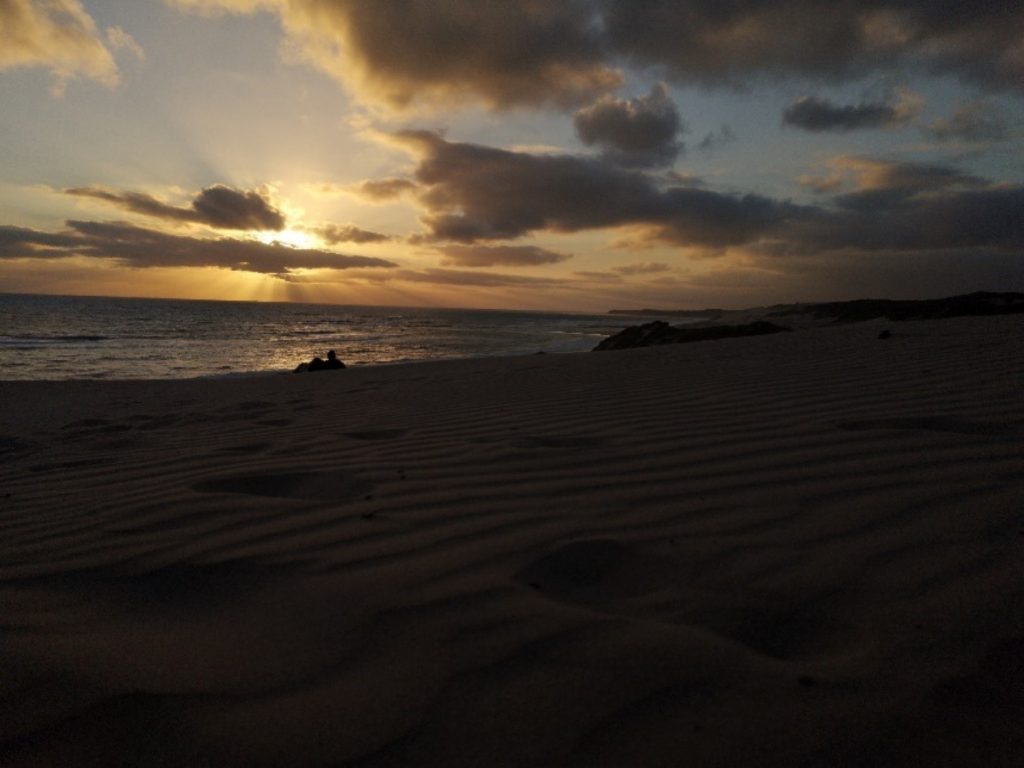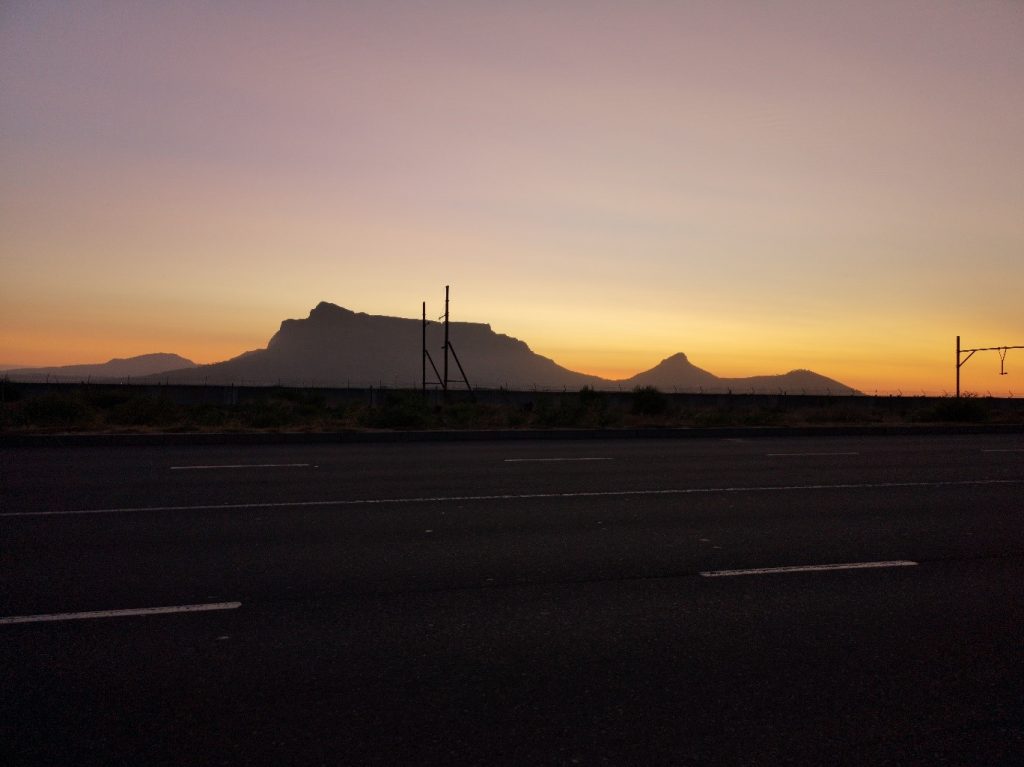Hey! My name is Matthias, and I am a final year student from Leuphana University Lüneburg, Germany. I am studying an interdisciplinary master’s program called ‘Public Economics, Law and Politics.’ One year ago, I found out about the opportunity to apply for the YEEES research grant that funds research stays for a master’s thesis in one of three countries in southern Africa.
This is how it went:

Where: Port Elizabeth and Cape Town, South Africa
When: 13.10.2019 – 14.01.2020
My topic: “Are Employees Prepared for Working Abroad? The Role of Intercultural Trainings for South African Organizations”
What I have mainly worked on concerning my research:
My master’s thesis has a quantitative approach to approach the topic of intercultural training in South Africa. I want to use South Africa as a country example to analyze the relationship between different dimensions of intercultural preparation and the successful outcome of an intercultural experience. However, before my stay, the time was too short to prepare a survey. I discussed with my supervisor to utilize the research stay to get valuable information that will help me to create the survey later on, which will then be the basis for my quantitative approach. The main target of my research stay was to get as many different opinions about intercultural training as possible. I organized interviews with different organizations and people in various positions, like volunteers, employees, employers, exchange coordinators, and trainers.
In the beginning, it was not that easy to get interview partners to agree on a meeting. Especially the most famous employers near Port Elizabeth were not willing to give an interview for me. But with some help of people I met and others that I contacted beforehand, I was able to have my first interviews quite soon. The more meetings I had, the more contacts I received. South Africa is a country of contrasts, and so were the conversations I had. In the following, you can see the locations, where I actually had some of my interviews:
What I will take home:
With the help of the interviews, I was able to create a survey that investigates different dimensions of intercultural training with input that came from people who are continually working in this area. Knowing how some of the survey questions emerged makes me feel motivated to move on with my thesis and excited to receive answers for my survey.
Besides the academic activities, I also had the chance to learn more about South Africa and get to know the beautiful nature of this country. It shouldn’t be forgotten that, while I was researching on intercultural experiences, I had one myself. Being mindful of my own experience also contributed to my more profound understanding of the topic.
I was incredibly lucky with my first host family, which showed me great hospitality. For example, the rugby world cup took place in Tokyo while I was in PE. For South Africans, Rugby is like football for Germans. My hosts invited me for every game of the South African national team to go for public viewing. The ‘springboks,’ that’s how the national team is called, did a great job in those games. Finally, they even managed to win the world cup for the third time in history. That day, I experienced South Africa as absolutely euphoric, emotional, and more united than any other day of my trip.
Another day, my host family invited me to visit Sardinia Bay, a beach that is situated south of Port Elizabeth and which my host described as ‘his favorite place on this planet.’ This is how it looks at sunset:

‘The Perfect Place’
In December, I was moving to Cape Town for the rest of my stay to meet other interview partners. I experienced Cape Town as a snapshot of the country as a whole. The landscape, cultural diversity, and entrepreneurial spirit are forming an absolutely unique city. When I told people that I was researching intercultural training, they kept telling me things like ‘you came to the perfect place, my friend.’
Overall, I would completely agree that I came to the perfect place. South Africa might face challenges like economic inequality and its history of apartheid and colonialism, but it is definitely a role model when it comes to intercultural understanding. Encountering people of other cultures on a professional or personal basis is something conventional because the interculturality within South Africa is already so pronounced. The country I experienced was inclusive and tolerant in their interactions with people from other cultures.







